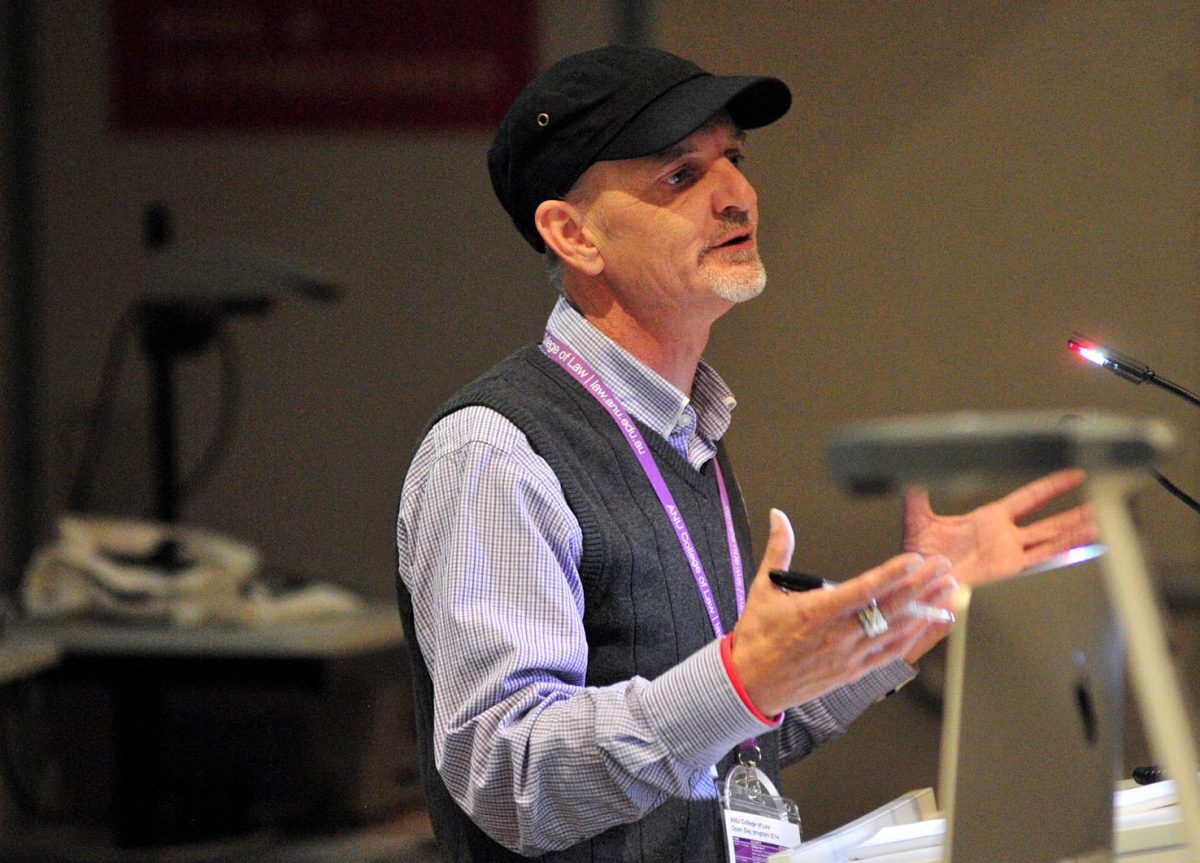
ANU senior lecturer Wayne Morgan says a social media ban won’t restrict young people’s access to porn. Photo: Twitter.
Around one-third of young people are using pornography as a form of sex education, according to a report commissioned by Our Watch, a group that seeks to prevent violence against women.
The study, which was based on a survey of 832 people aged between 16 and 20, also indicated that children are accessing pornography at a younger age – around 13 for both boys and girls.
Our Watch says this emphasises the need for better sex education, a view supported by Associate Professor Wayne Morgan, an expert in sexuality and a senior lecturer at ANU.
“My major reaction to the findings is that, although they are problematic, I don’t find them surprising. It continues a trend we have seen over a number of years in terms of a younger age of access to porn,” he said.
“There were some aspects of the key findings which I think are cause for optimism. The fact that 84 per cent of surveyed young people think porn pushes stereotypes shows that even though they’re accessing porn at a younger age, they’re casting a more critical eye over it.
“What I find concerning is that a greater percentage of young men believe porn reflects reality in terms of what women want.
“This shows that we do need better education about sex, and at younger ages, which can be controversial. Part of that also needs to include education about pornography, which can also be controversial.”
Mr Morgan says the fact so many young people are getting their sex education from porn suggests schools need to step up.
“What it demonstrates to me is that we need to educate kids on sex from as young as 11 and 12 because if we don’t give them that education, they’ll seek it elsewhere, including from unreliable sources such as porn. I know that’s something some parents might find difficult to accept,” he said.
“There is not enough focus in either government or private schools on the need for sex education, including education about pornography.”
Our Watch CEO Patty Kinnersly highlighted the dangers of what boys learned about sex from porn.
“Porn may be a fantasy, but it has real-life impacts. Young men and boys who frequently use porn are more likely to blame a woman for abuse, while acts such as sexual ‘choking’ or strangulation commonly depicted in porn have become mainstream. More than half of women aged 18 to 35 report being strangled during sex at least once,” Ms Kinnersly said.
Mr Morgan doubts the federal government’s proposed social media ban for under-16s will reduce porn consumption among children.
“Some of the biggest porn sites are available on the general internet, sites like Pornhub, where you don’t have to prove your age or establish an account. Such sites simply ask you if you’re over 18, which just requires you to tick a box,” he said.
“To some extent, banning access is a futile endeavour. Intelligent young people will always find a way around the measures the government puts in place. That’s why we keep coming back to the importance of critical education.
“That is the best and most foolproof method we can use to make sure children are aware of the dangers of pornography.”
















